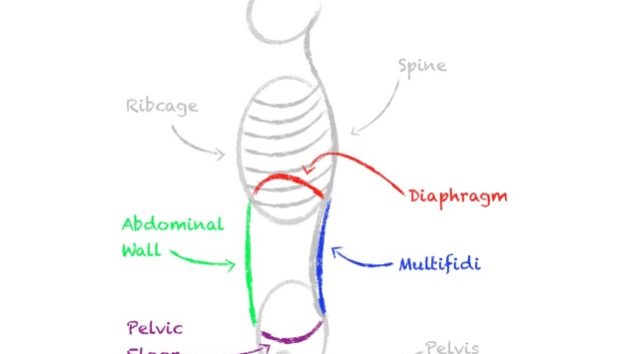
How Your Compensations Can Be The Source of Your Pain
What does an old ankle sprain, knee injury, or episode of back pain have in common? They all change the way you move and often lead to pain in other areas of your body. This phenomenon is called compensation. A sprained ankle or painful knee will change the way you walk. Back pain will change the way you bend and move.
Your nervous system is always monitoring, adapting and re-wiring all of the time. When your brain senses pain or injury, it will re-wire itself to control your muscles differently so you can move with less pain. The nervous system acts like a dimmer switch, increasing muscle tone in some muscles and decreasing muscle tone in other muscles. You will feel this as muscle tightness, tension, or weakness. When this happens, the entire rest of your body will compensate in its alignment, flexibility and movement. Years later, these compensations can cause pain, joint wear and muscle problems in other areas of your body.
We recently had a patient who came in complaining of hip pain. She mentioned having a painful bunion that she elected to have surgery for 9 years prior. Her hip, knee and ankle mechanics were completely off when she walked and performed a squat. She likely changed the way she walked long enough to cause a stiff big toe and ankle as well as gradual weakening of her hip. Her condition completely resolved with our help by not only treating and strengthening her hip, but fixing her foot and ankle as well.
We had another case of a machinist who came in with carpal tunnel syndrome. He had intense pain and numbness in both hands. In his examination, we found he had very weak shoulder muscles which caused him to compensate by over-gripping everything, especially the tools and materials he handled at work. He received adjustments to his neck and wrists to restore proper alignment, floor exercises to strengthen his shoulders, and his condition completely resolved.
The body has many ways it compensates for pain and injury. If one group of muscles is weak, another group of muscles gets overused and they can become painful. If one joint becomes injured, other joints will move differently and they can become painful as well.
Is your doctor, physical therapist or personal trainer checking for these types of compensations you might have? You probably have an old injury that needs to be treated first. Loss of alignment, strength and flexibility are common mechanical problems that need to be fixed first which helps reduce or eliminate the compensations that are causing problems in other areas. This is what makes us unique and different from other health care professionals.
If you or someone you know is suffering with an unresolved condition, contact us to see if we can help.


